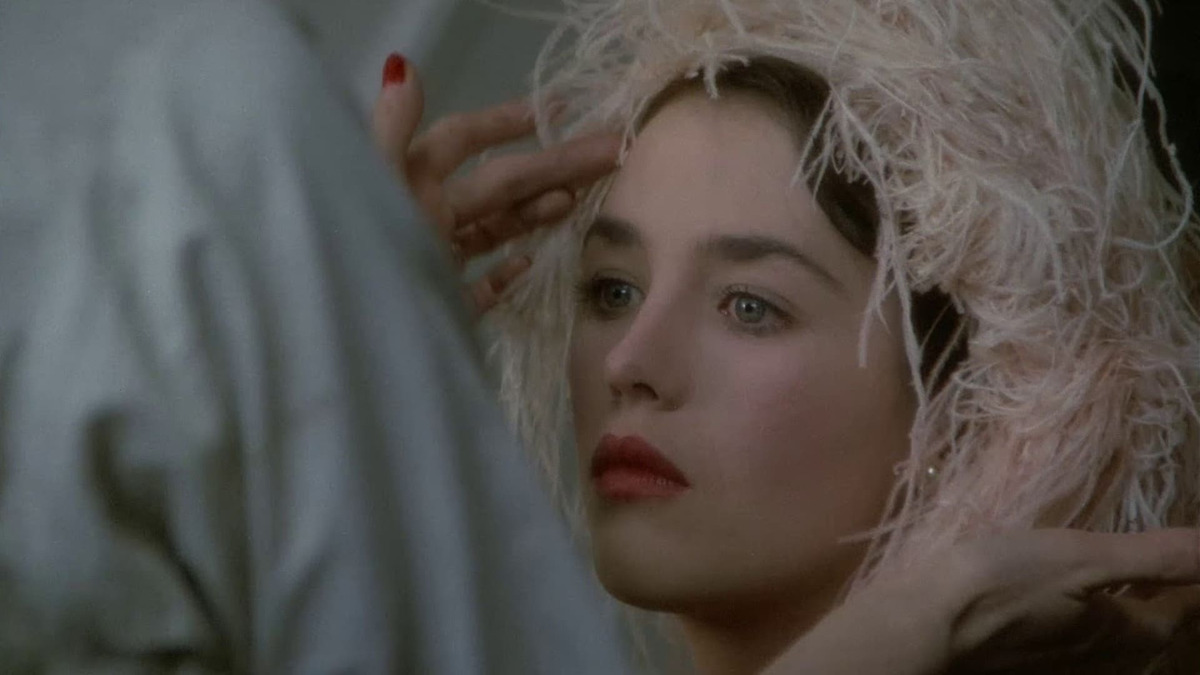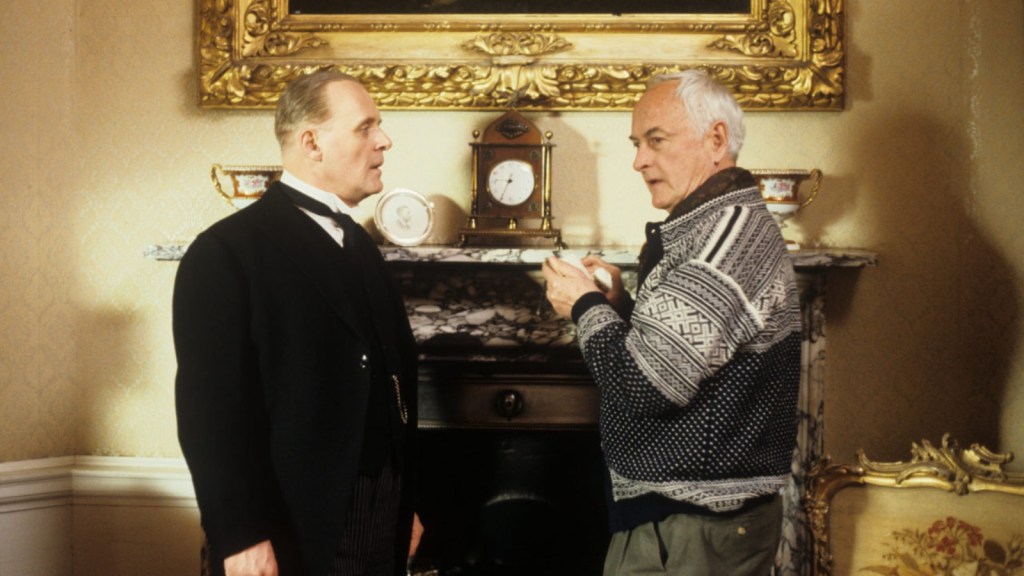James Ivory is an American film director best known for his collaborations with producer Ismail Merchant and screenwriter Ruth Prawer Jhabvala. Together, they formed the iconic Merchant Ivory Productions, renowned for creating a series of intelligent, meticulously crafted films, particularly those that adapt classic literature to the silver screen. Notable among their oeuvre are A Room with a View, Howards End, and The Remains of the Day.
Ivory’s filmography is often distinguished by its deep character explorations set against richly detailed historical and cultural backdrops. His works display an affinity for dissecting class distinctions, cultural dynamics, and the nuanced relationships between characters trapped by societal expectations. Films like Maurice and Howards End explore love and the societal structures that either suppress or propel these feelings, subtly commenting on the class and societal structures of the eras they depict.
His films are characterised by their sumptuous set designs, lavish costumes, and picturesque landscapes. His approach to filmmaking strongly emphasises authenticity, often capturing the essence of the era or the literary work he’s adapting. This pursuit of authenticity is not just visual; Ivory ensures that the emotional depth of characters and the intricacies of their relationships are captured with as much fidelity. This combination of visual splendour and emotional depth is evident in films like The Remains of the Day, where the repressed emotions of the characters are as significant as the sprawling English estate they inhabit.
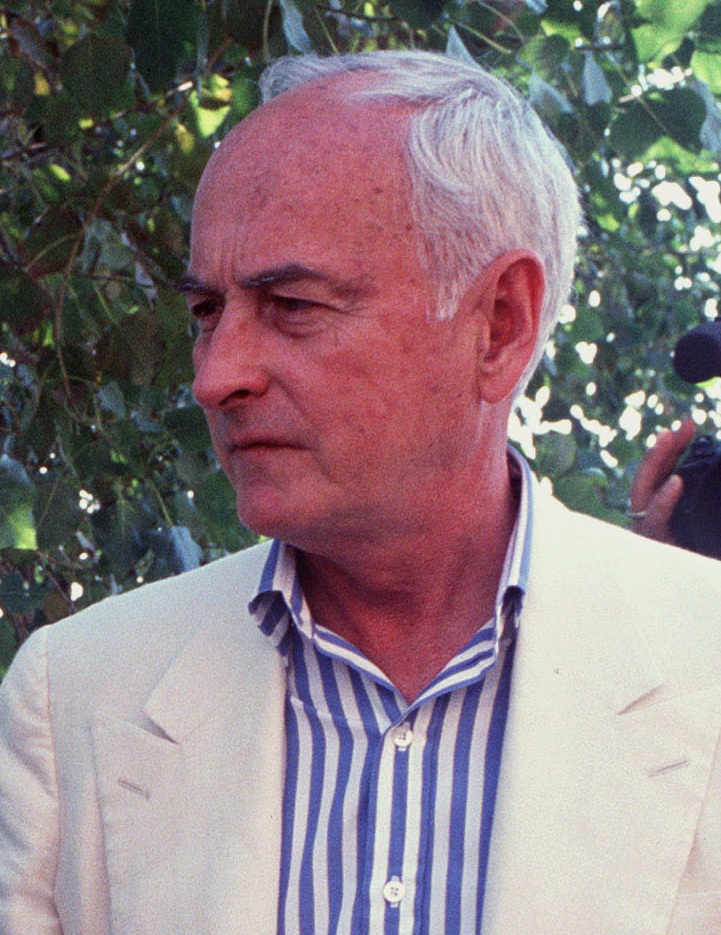
James Ivory (1928 – -)
Calculated Films:
- A Room with a View (1985)
- Maurice (1987)
- The Remains. of the Day (1993)
Similar Filmmakers
- Ang Lee
- Anthony Minghella
- Bernardo Bertolucci
- Charles Sturridge
- David Lean
- Gillian Armstrong
- Mira Nair
- Mike Newell
- Roman Polanski
- Saul Dibb
- Stephen Frears
- Terence Davies
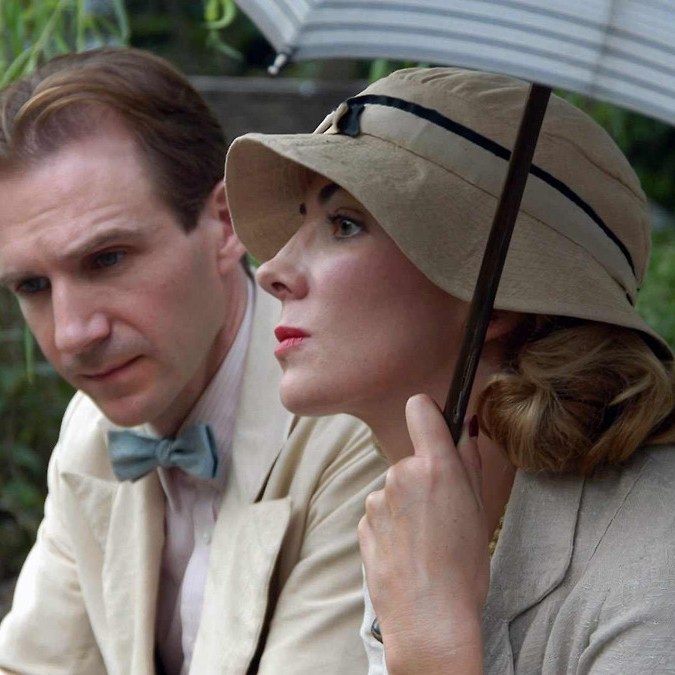


James Ivory’s Top 5 Films Ranked
1. The Remains of the Day (1993)
Genre: Period Drama, Romance
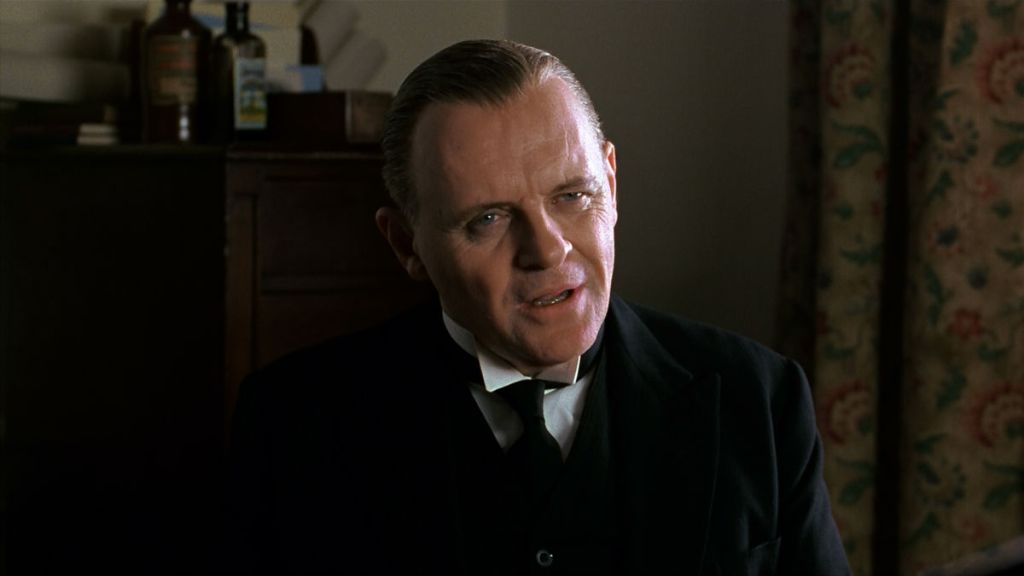
2. A Room with a View (1985)
Genre: Romance, Period Drama

3. Maurice (1987)
Genre: Romance, Period Drama

4. Howards End (1992)
Genre: Drama, Family Drama

5. A Soldier’s Daughter Never Cries (1998)
Genre: Drama, Slice of Life

James Ivory: Themes and Style
Themes:
- Cultural Confluence: Ivory’s films frequently explore the meeting and often clash of different cultures. This is evident in his early works set in India, examining the interplay between Western and Indian cultures.
- Human Relationships: At the heart of most Ivory films lies a nuanced exploration of relationships, whether romantic, familial, or platonic.
- Societal Class and Constraints: Many of Ivory’s films, especially the Edwardian-era dramas, delve into societal hierarchies, class distinctions, and the constraints they impose on individuals.
- Sexuality and Repression: Films like Maurice spotlight the challenges and intricacies of homosexual relationships, especially in times and societies where such relationships were taboo.
- Historical Commentary: Ivory often uses historical settings not just as backdrops but as instruments to comment on present-day issues.
Styles:
- Detailed Art Direction: Ivory’s films are known for their meticulous attention to detail, particularly in set design, costumes, and props. They often recreate historical periods with vivid accuracy.
- Literate Scripts: Many of Ivory’s films are adaptations of literary works, and even original scripts maintain a certain literary quality in their dialogues and narrative structures.
- Slow Pacing: Rather than relying on fast cuts and dramatic shifts, Ivory allows his stories to unfold gradually, immersing the audience in the world he’s crafted.
- Character-driven Narratives: While his films often have compelling plots, the depth and development of characters stand out the most.
Directorial Signature:
- Elegant Framing: Ivory’s shots are often framed with a painterly elegance, making scenes look like they could be stills from a classic painting.
- Location as a Character: Whether it’s the lush countryside of Tuscany in A Room with a View or the bustling streets of Delhi in his India-based films, locations in Ivory’s films are more than just settings; they play crucial roles in the narrative.
- Ensemble Casts: Ivory often works with ensemble casts, giving each character, no matter how minor, a moment to shine and contribute to the narrative’s depth.
- Subtlety and Nuance: Rather than overt displays of emotion or dramatic confrontations, Ivory’s direction tends to spotlight the unspoken—glances, gestures, and silences often carry as much weight as dialogues.
- Collaborative Approach: One of the hallmarks of Ivory’s directorial style is his deep collaboration with consistent members of his production team, notably with Ismail Merchant as producer and Ruth Prawer Jhabvala as screenwriter.
James Ivory – Great Director



